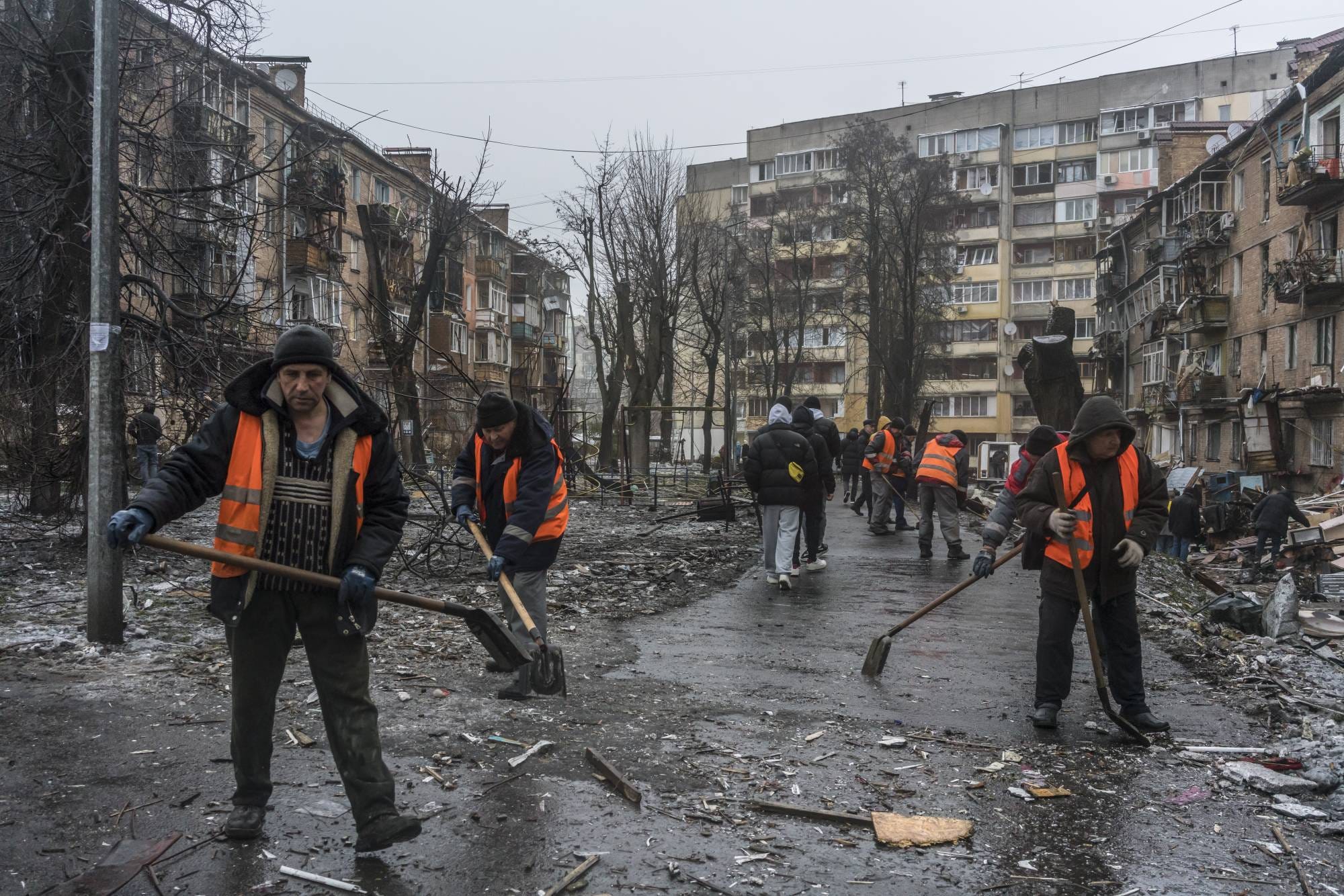Day 681
Ceasefire whisperers

Let me draw your attention to an op-ed written by William Galston appearing in The Wall Street Journal on January 2, 20241.

Let me draw your attention to an op-ed written by William Galston appearing in The Wall Street Journal on January 2, 20241.